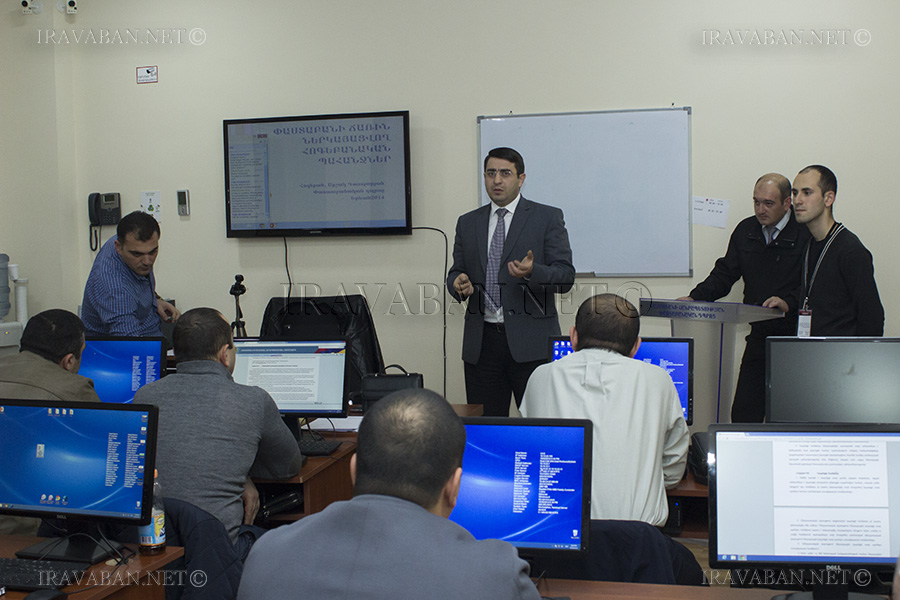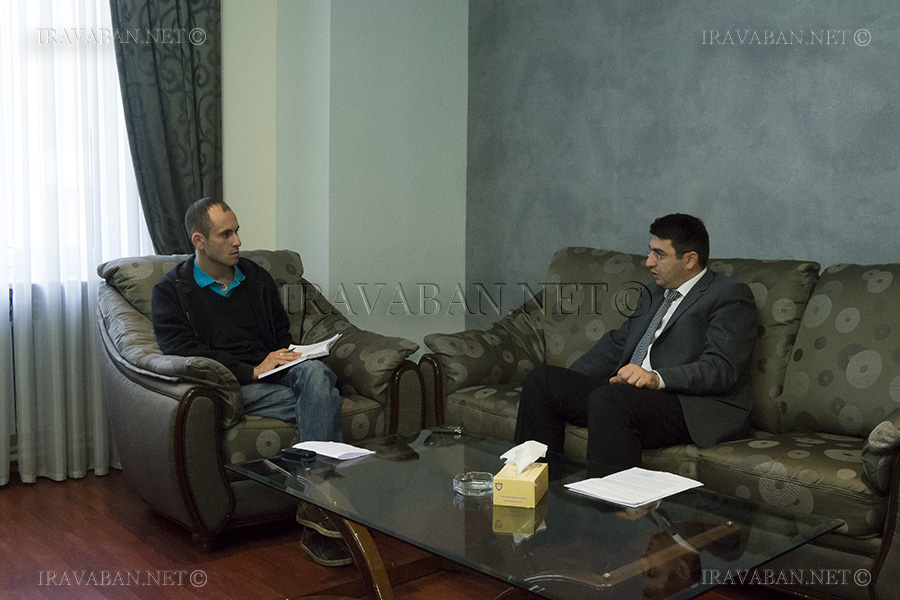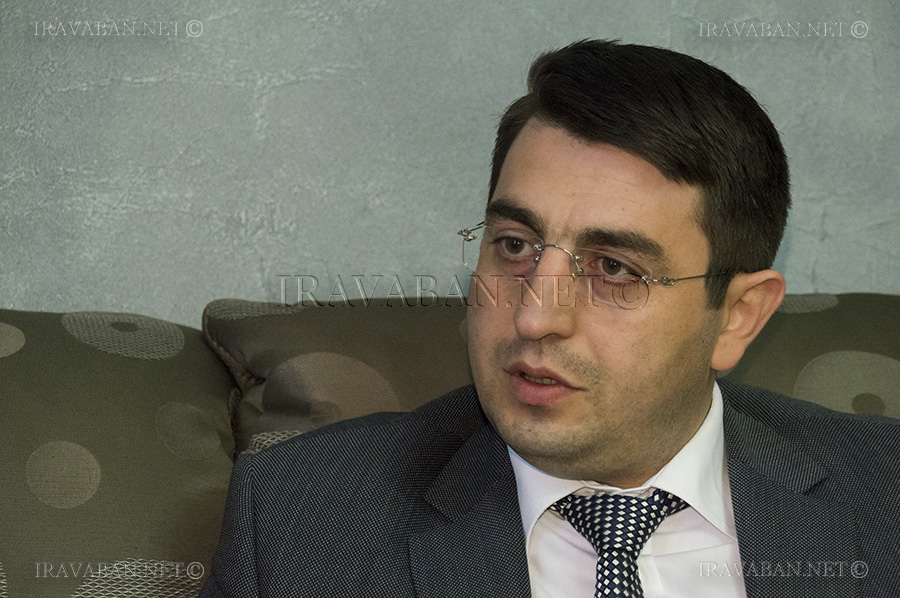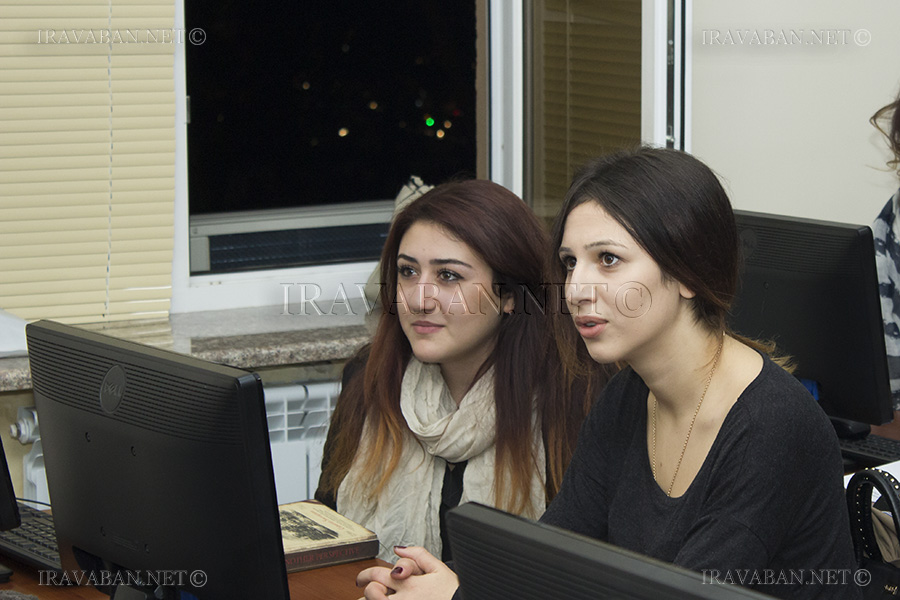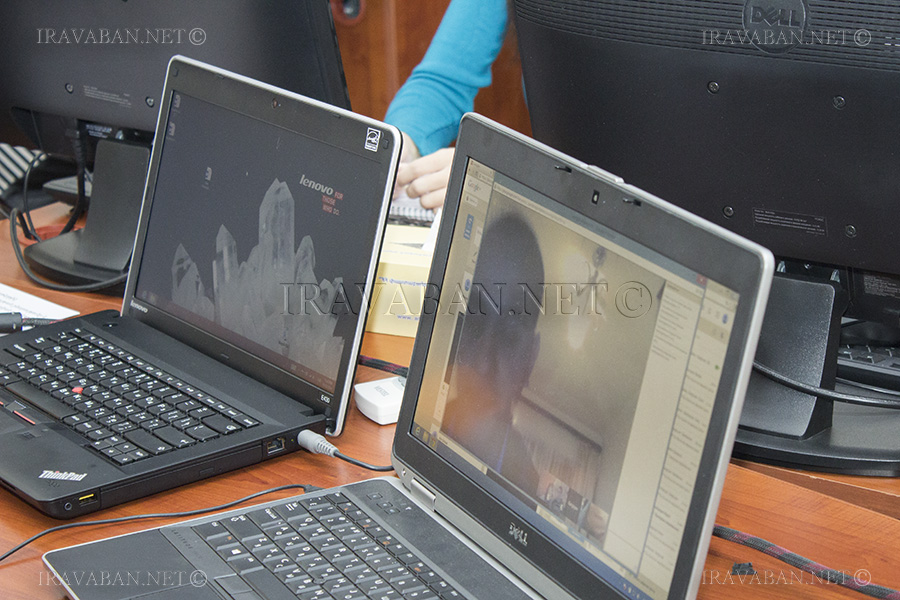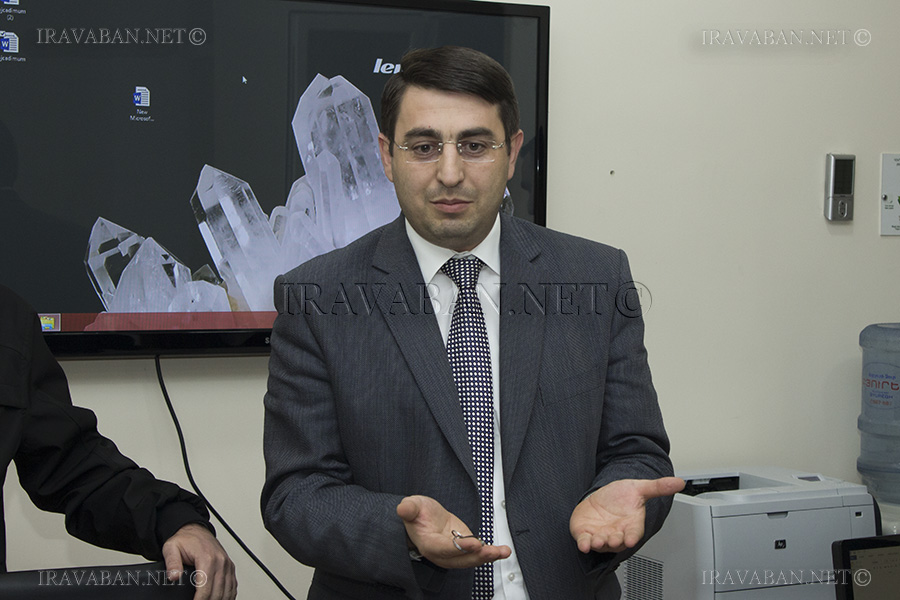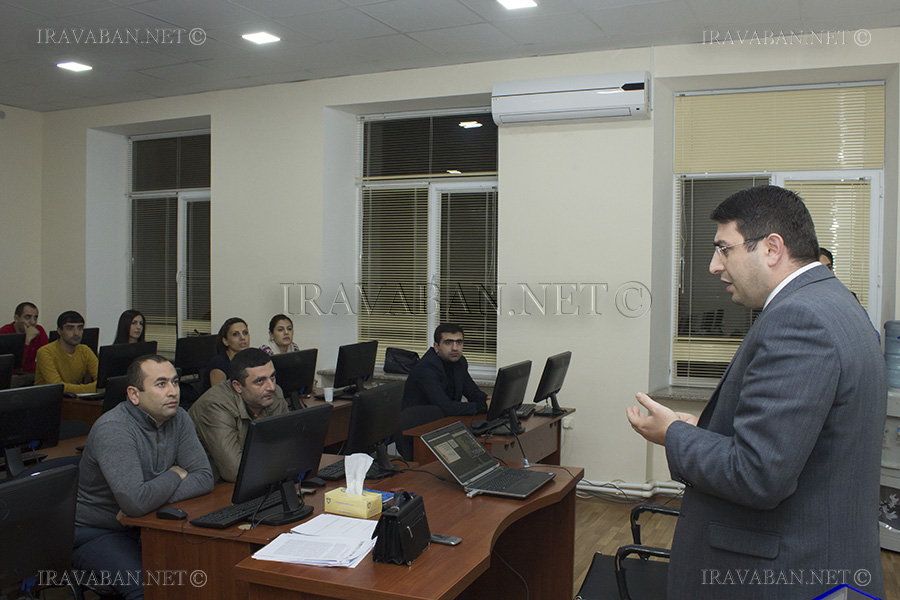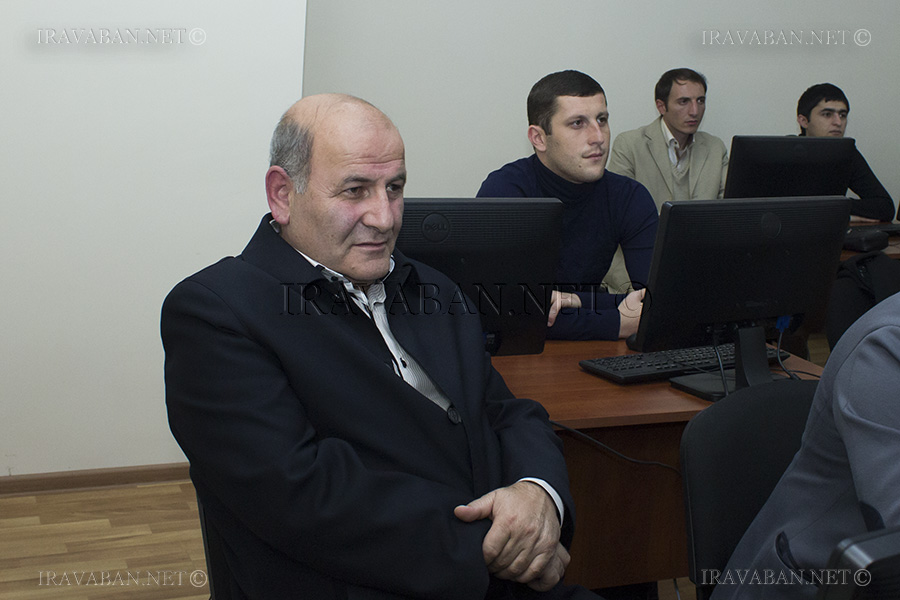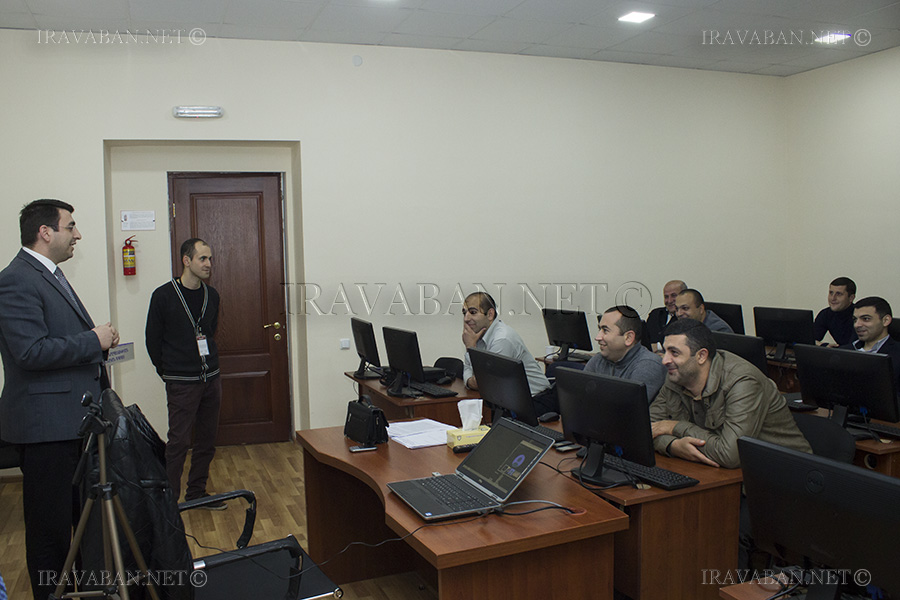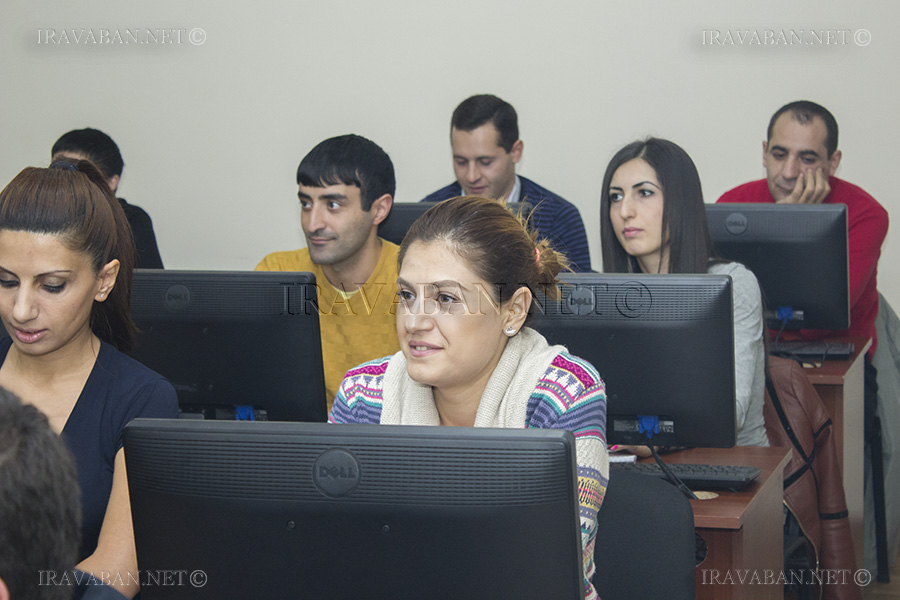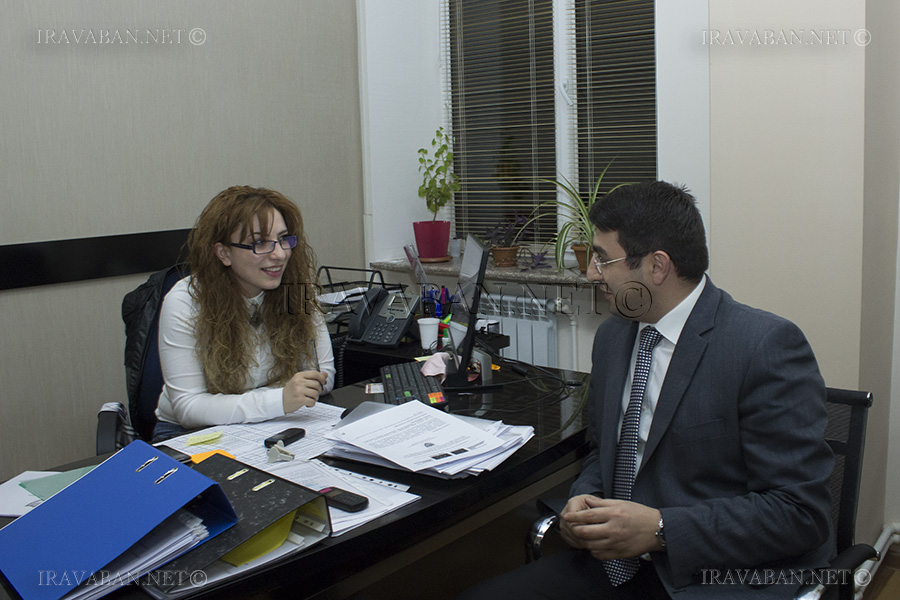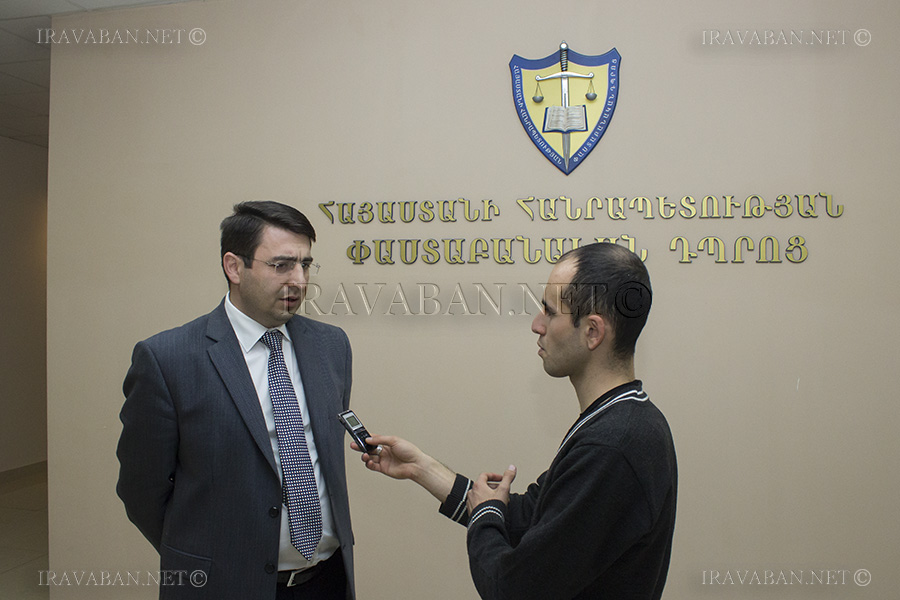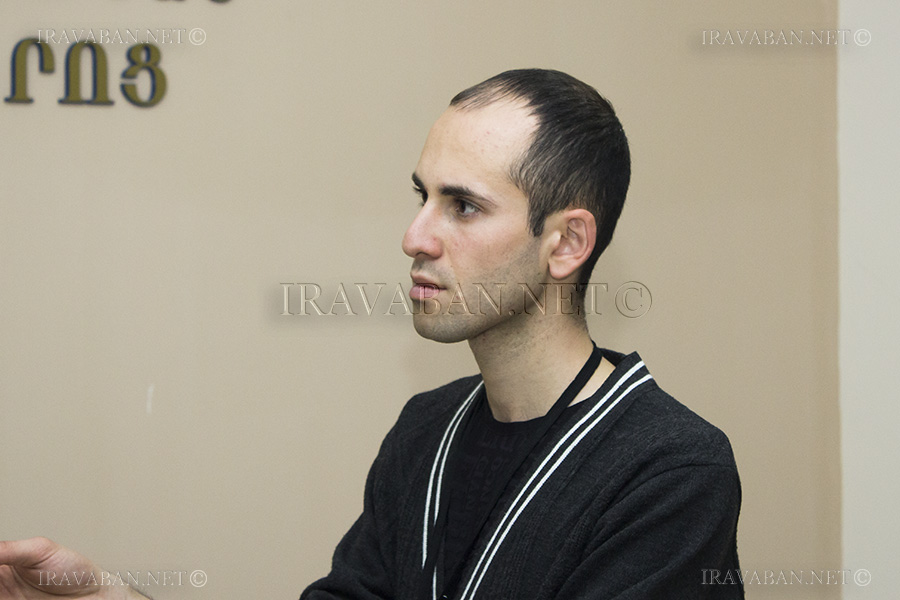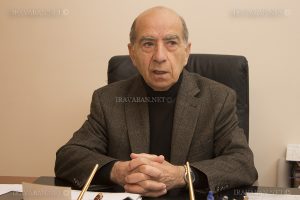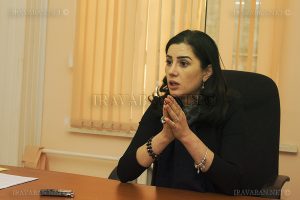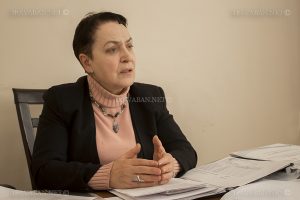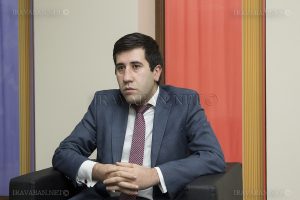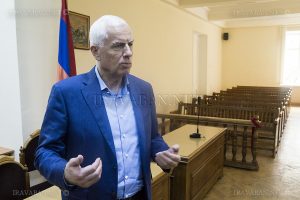The School of Advocates was established in 2012. It was established on the French model. What changes has the School undergone since its establishment and what problems does it currently face? – These and other questions were touched upon in Iravaban.net`s interview with the Director of the School of Advocates Simon Babayan. The interview is carried out in the framework of the “Higher Education Law Institutions in Armenia” Special Project.
First of all please shortly present the history of the school underlining those episodes which have been the most important for the school`s development.
The School of Advocates exists since 2012 and the main aim was to educate future advocates and give relevant professional knowledge to them, as well as to train the acting advocates. The School of Advocates is the first-in-its-type School in the region, as the Chamber of Advocates as such, and in general our country has registered huge positive progress in this regard, unlike Georgia, Azerbaijan and Russia where similar institutions do not exist. In general the Council of Europe considers the establishment of the RA School of Advocates as a great success. It was based on the model of the School of Advocates established in France for quite a long time, and all those principles were adopted which were already being implemented in France, even French specialists have been invited here.
What kind of procedures have been initiated in the School of Advocates for the last year?
We have introduced several changes, especially the entire curriculum has been changed since May 2014.
Is that the division into two streams?
Yes, before the teaching process was not separated by directions. The entrance to the program and the graduation was implemented through specialized directions, while the educational process was general, which was not fair. Doing a respective research we decided to introduce a specialized teaching at the school, namely separate programs for civic and criminal orientations.
Has this model justified itself?
Certainly yes, and moreover, in order not to harm the criminal legal orientation, we announced the acceptance to that program on separate conditions, setting different acceptance thresholds for the two directions.
What other reforms have you initiated?
Besides the mentioned one, we also improved the curriculum. We envisaged 30-35% of general courses or a choice of selection, which didn`t exist. One of the main achievements was that distance learning was introduced in the school, and we had 10-12 attendants already for this year. So students from regions were accepted on a distance-learning basis, and thus we organized lectures that were streamlined to ensure their participation.
A certain concern with regard to this is that the attendant of the courses will not deliver his/her own knowledge, and moreover, there are no control mechanisms.
There has not been enacted any control mechanism in the school, the testing was left for the end – in the period of qualification examinations. The most important mechanism that we changed, were the ongoing exams. This is done only for us and the attendants, so that they also understand whether the knowledge has been comprehended or not.
The last admission process was unprecedented in its volumes, wasn`t it?
What makes us happy now is that there is a great flow among lawyers towards advocacy, and it brings to the situation that the threshold of admission is getting higher. Certain respect towards the institute of Advocate is being built in the society. We also have applicants from lawyers formerly working in state institutions – investigative service, judicial system, etc.. This is a positive result of the efficiency f the School of Advocates and the Chamber of Advocates.
What issues are there for the School?
Distance learning.
Only that?
No, we have a certain vision for future. One of them is to have a perfect platform of distance learning. We have planned certain steps, we cooperate with the World Bank which is the implementor of the program, and which will grant 130 thousand USD to the Ministry of Justice to introduce the platform of distance learning in the School. It seems to be simple at first sight, but it`s quite a serious mechanism, and it envisages improvement of every course, presence of relevant materials and online learning.
Are there any deadlines set?
Yes, we`ll have the program already in the next year. A respective organization is already working on the program package development, and then our experts will get involved in the development of separate courses. By the way, this year we had a special category of applicants who got admitted without any entrance exams. They were judges, prosecutors and advocates with 10-year professional experience, as well as law degree-holders. It brought interesting outcomes. And though it might be considered as a discrimination, we don`t look at it as such. We aimed at engaging people into the advocacy. And the Community of advocates will also gain from that. We based our decision on the assumption that having a 10-year professional experience already means having the basic entrance knowledge to study at the school.
Interviewed by Gevorg Tosunyan.

